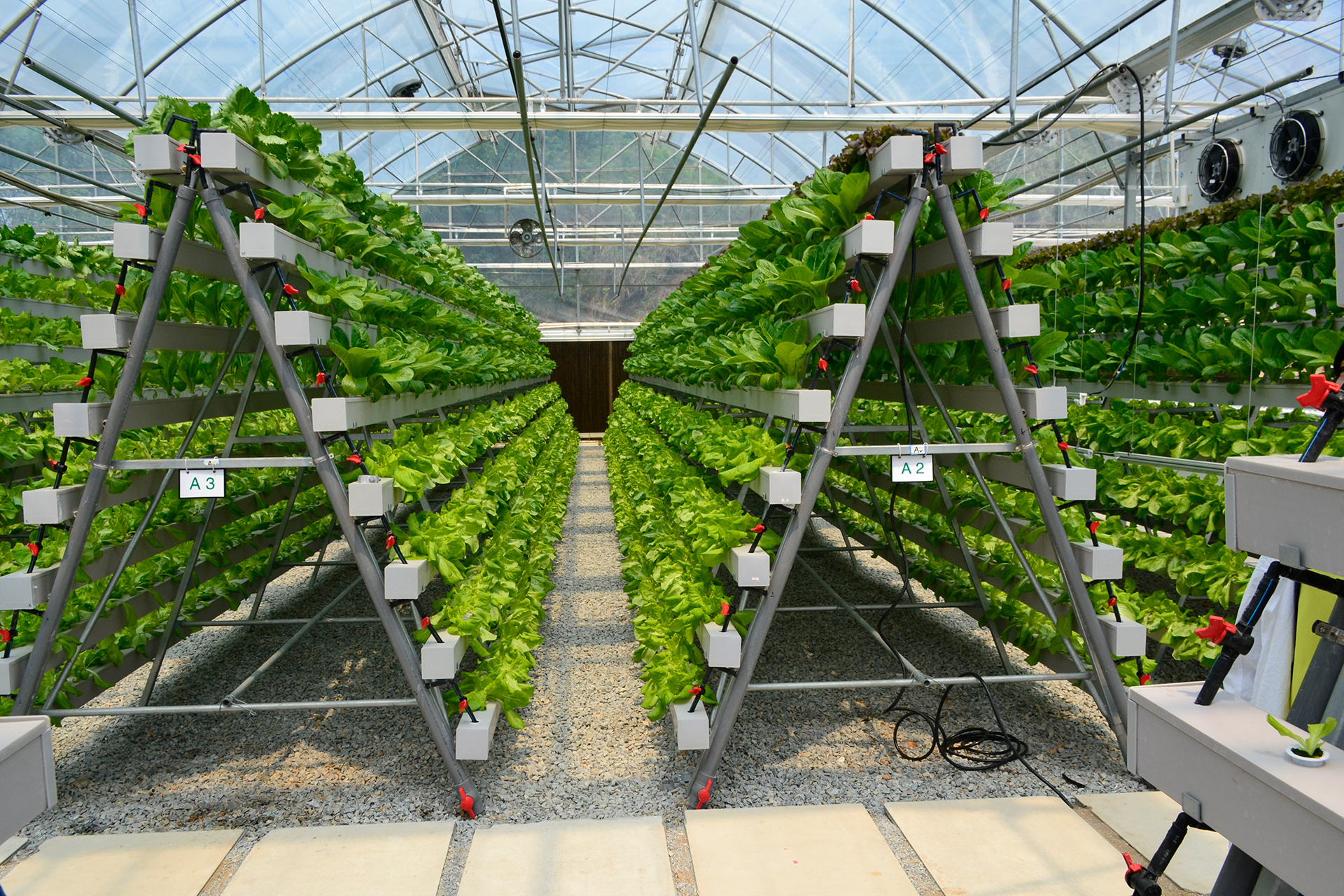The Benefits of Galvanized Steel Greenhouses in Modern Agriculture
Release time:
Apr 10,2025
Summary:Galvanized steel greenhouses have become an increasingly popular choice in the realm of modern agriculture, particularly in the field of facility agriculture and temperature-controlled environments. These greenhouses are constructed using steel that has been coated with a layer of zinc, offering exceptional durability, corrosion resistance, and longevity. This article delves into the key benefits
Galvanized steel greenhouses have become an increasingly popular choice in the realm of modern agriculture, particularly in the field of facility agriculture and temperature-controlled environments. These greenhouses are constructed using steel that has been coated with a layer of zinc, offering exceptional durability, corrosion resistance, and longevity. This article delves into the key benefits of galvanized steel greenhouses, making them a viable option for professionals in the agricultural industry.
One of the primary advantages of galvanized steel greenhouses is their resistance to environmental factors. Unlike traditional materials such as wood or untreated steel, galvanized steel is less prone to rust and decay, which can significantly extend the lifespan of the greenhouse. This durability not only ensures the integrity of the structure but also reduces the need for frequent repairs and replacements, ultimately leading to cost savings over time.
In addition to their longevity, galvanized steel greenhouses offer enhanced structural stability. The inherent strength of steel provides a robust framework that can withstand harsh weather conditions, including heavy rain, snow, and strong winds. This is particularly important for agricultural professionals who need to maintain optimal growing conditions for their crops, regardless of external climate challenges.
Furthermore, galvanized steel greenhouses are highly adaptable and can be designed to accommodate a variety of crops. The flexibility in design allows for customized layouts, enabling growers to maximize space and improve productivity. Whether for small-scale hobby farming or large commercial operations, these structures can be tailored to meet specific agricultural needs.
Another noteworthy benefit is the environmental impact of using galvanized steel. The production of steel is highly sustainable, and the galvanized coating process reduces the environmental footprint of the material. Additionally, greenhouses made of steel can be recycled at the end of their lifecycle, contributing to a circular economy and promoting sustainable agricultural practices.
In terms of thermal efficiency, galvanized steel greenhouses can be equipped with various insulation materials to optimize temperature control. Maintaining a stable internal climate is crucial for growing healthy plants, and the combination of galvanized steel with effective insulation helps in regulating temperature fluctuations, reducing energy costs associated with heating or cooling.
In conclusion, galvanized steel greenhouses represent a forward-thinking choice for professionals in the agricultural sector. Their durability, structural integrity, adaptability, and environmental benefits make them an ideal solution for modern farming challenges. Investing in a galvanized steel greenhouse not only enhances crop production but also aligns with sustainable agricultural practices, paving the way for a more efficient and eco-friendly future in food production.
One of the primary advantages of galvanized steel greenhouses is their resistance to environmental factors. Unlike traditional materials such as wood or untreated steel, galvanized steel is less prone to rust and decay, which can significantly extend the lifespan of the greenhouse. This durability not only ensures the integrity of the structure but also reduces the need for frequent repairs and replacements, ultimately leading to cost savings over time.
In addition to their longevity, galvanized steel greenhouses offer enhanced structural stability. The inherent strength of steel provides a robust framework that can withstand harsh weather conditions, including heavy rain, snow, and strong winds. This is particularly important for agricultural professionals who need to maintain optimal growing conditions for their crops, regardless of external climate challenges.
Furthermore, galvanized steel greenhouses are highly adaptable and can be designed to accommodate a variety of crops. The flexibility in design allows for customized layouts, enabling growers to maximize space and improve productivity. Whether for small-scale hobby farming or large commercial operations, these structures can be tailored to meet specific agricultural needs.
Another noteworthy benefit is the environmental impact of using galvanized steel. The production of steel is highly sustainable, and the galvanized coating process reduces the environmental footprint of the material. Additionally, greenhouses made of steel can be recycled at the end of their lifecycle, contributing to a circular economy and promoting sustainable agricultural practices.
In terms of thermal efficiency, galvanized steel greenhouses can be equipped with various insulation materials to optimize temperature control. Maintaining a stable internal climate is crucial for growing healthy plants, and the combination of galvanized steel with effective insulation helps in regulating temperature fluctuations, reducing energy costs associated with heating or cooling.
In conclusion, galvanized steel greenhouses represent a forward-thinking choice for professionals in the agricultural sector. Their durability, structural integrity, adaptability, and environmental benefits make them an ideal solution for modern farming challenges. Investing in a galvanized steel greenhouse not only enhances crop production but also aligns with sustainable agricultural practices, paving the way for a more efficient and eco-friendly future in food production.
Related Information
AI+ Agriculture: Discuss its present, challenges and future
With the development and popularization of artificial intelligence (AI) technology, the agricultural industry is ushering in a new change, and agriculture has gradually transformed from a traditional labor-intensive industry to a high-tech industry.
Jun 18,2024
Causes and solutions of strawberry albino fruit
Strawberry albino fruit is a very common physiological disease on strawberries. Strawberry albino fruit generally small fruit, fruit ripening after chlorosis can not be colored normally.
Jun 18,2024
Smart Greenhouse Global Opportunity Analysis and Industry, 2020-2027
Smart greenhouse is a farming technique, which helps user to monitor and control the growth condition of the plant and to optimize the growing process of the plants.
Jun 18,2024
Industry Information

